Preservation And Protest
$81.66
Contents:
Preface
Introduction
Part I: A New Taxonomy Of Nonhuman Theological Ethics
1. Current Taxonomies Of Nonhuman Theological Ethics
2. Three Theological Loci For A New Taxonomy
3. A New Taxonomy
4. Anthropocentric Conservation
5. Cosmocentric Conservation
6. Anthropocentric Transfiguration
Part II: Cosmocentric Transfiguration In The Theologies Of Jurgen Moltmann And Andrew Linzey
7. Moltmann On God, Creation, And The Fall
8. Moltmann On Redemption And Mission
9. Moltmann’s Nonhuman Theological Ethics
10. Linzey On Creation, Fall, And Redemption
11. Linzey On Christ, The Spirit, And Anthropology
12. Linzey’s Cosmocentric Transfiguration
13. Moltmann And Linzey: Comparison And Analysis
Part III: Toward An Eco-Eschatological Ethics Of Preservation And Protest
14. Theological Foundations For Cosmocentric Transfiguration
15. Possible Critiques Of Cosmocentric Transfiguration
16. Cosmocentric Transfiguration: An Eco-Eschatological Ethics Of Preservation And Protest
Conclusion: Cosmocentric Transfiguration As The “Best Of Both Worlds”
Notes
Bibliography
Index
Additional Info
Preservation and Protest proposes a novel taxonomy of four paradigms of nonhuman theological ethics by exploring the intersection of tensions between value terms and teleological terms. McLaughlin systematically develops the paradigm of cosmocentric transfiguration, arguing that the entire cosmos shares in the eschatological hope of a harmonious participation in God’s triune life. With this paradigm, McLaughlin offers an alternative to anthropocentric and conservationist paradigms within the Christian tradition, an alternative that affirms both scientific claims about natural history and the theological hope for eschatological redemption.
in stock within 3-5 days of online purchase
SKU (ISBN): 9781451480405
ISBN10: 1451480407
Ryan McLaughlin
Binding: Trade Paper
Published: November 2014
Emerging Scholars
Publisher: Augsburg Fortress Publishers – 1517 Media
Print On Demand Product
Related products
-
Mere Christianity
$17.99Arguably the 20th century’s most influential Christian writer, C.S. Lewis sought to explain and defend the beliefs that nearly all Christians at all times hold in common. His simple yet deeply profound classic, originally delivered as a series of radio broadcasts, is a book to be thoroughly digested by believers and generously shared with skeptics. Paperback with French f laps and deckled page edges.
Add to cart1 in stock (additional units can be purchased)
-
Knowledge Of The Holy
$15.99Informative and inspiring, The Knowledge of the Holy illuminates God’s attributes–from wisdom, to grace, to mercy–and shows through prayerful and discussion, how we can more fully recognize and appreciate each of these divine aspects. This book will be treasured by anyone committed to the Christian faith. It bears eloquent witness to God’s majesty and shows us new ways to experience and understand the wonder and the power of God’s spirit in our daily lives.
Add to cart1 in stock (additional units can be purchased)
-
Bargain For Frances Level 2
$3.99Frances and Thelma are friends — most of the time
Thelma always seems to get Frances into trouble. When she tricks Frances into buying her tea set, it’s the last straw. Can Frances show her that it’s better to lose a bargain than lose a friend?
Add to cart2 in stock
-
Be Kind Journal
$9.99SKU (UPC): 0612978553527Binding: OtherPublished: August 2021Publisher: Kerusso
Add to cart1 in stock

 Mothers And Daughters Of The Bible Speak
Mothers And Daughters Of The Bible Speak
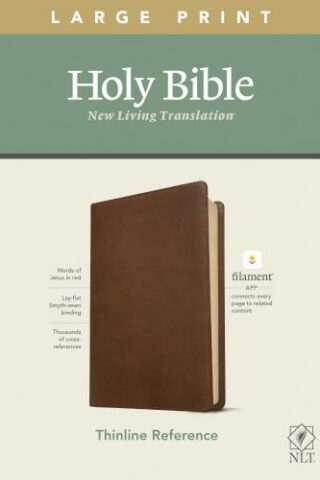
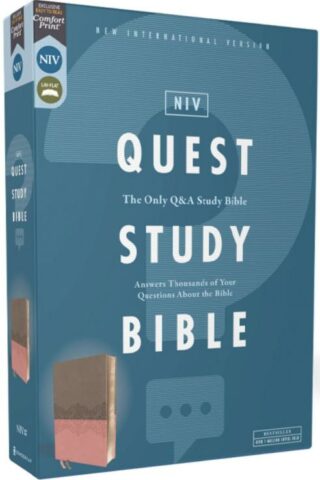
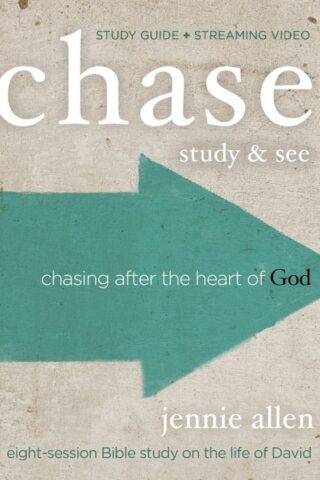




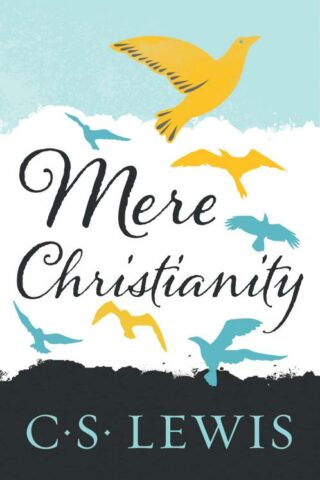
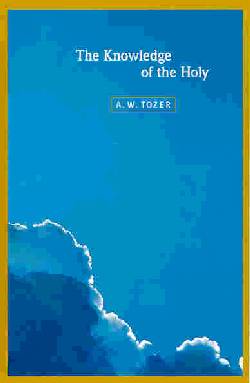
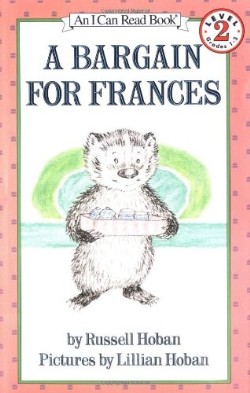

Reviews
There are no reviews yet.